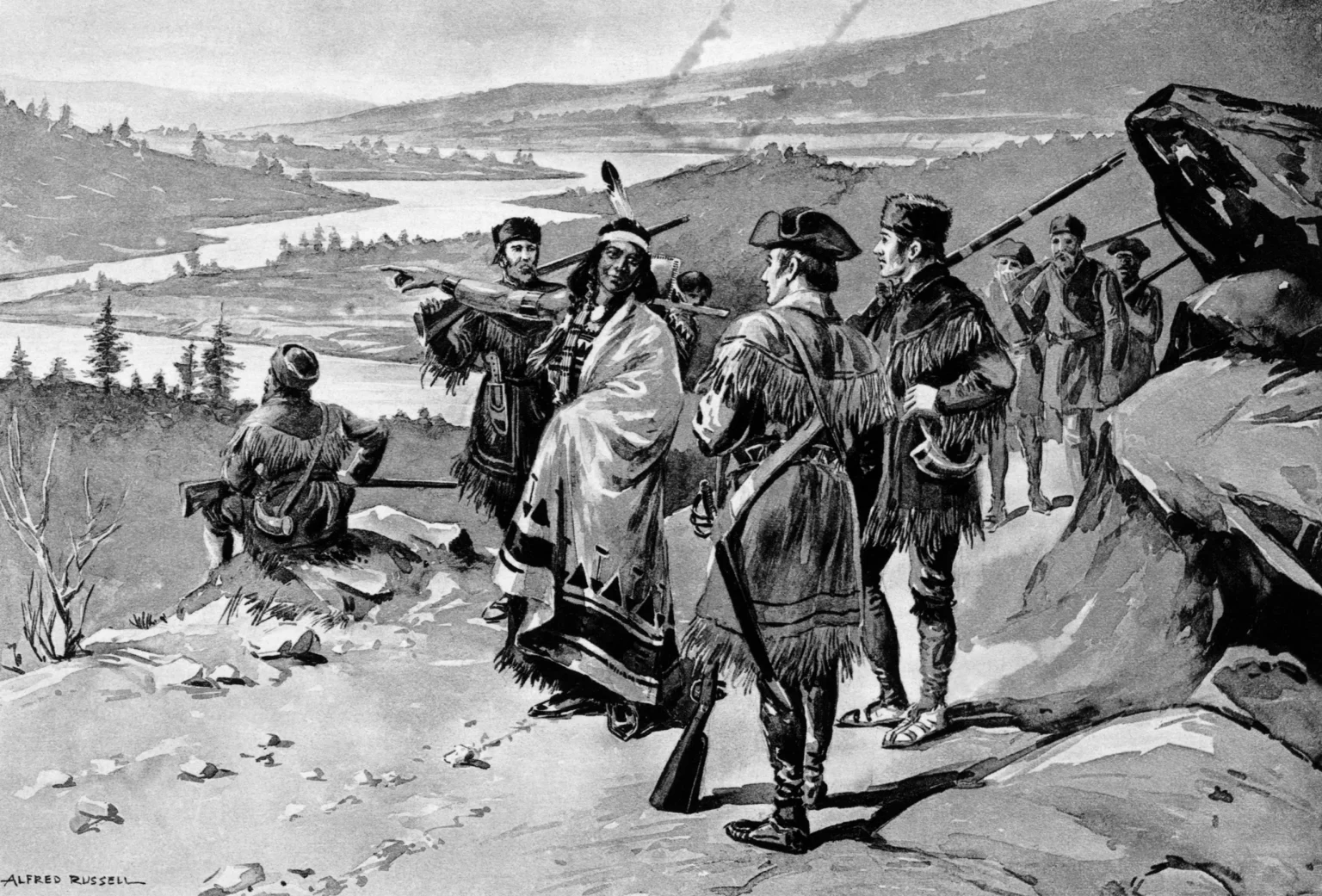On September 23, 1806, U.S. Army Captain Meriwether Lewis, 2nd Lt. William Clark, and their Corps of Discovery returned to St. Louis after their epic 28-month journey to the Pacific Ocean. The expedition covered 8,000 miles and was met with a hero’s welcome upon their return. The journey was full of energy and forward motion, with a diverse group of explorers encountering adversity and embarking on various adventures along the way.
The Corps of Discovery included about three dozen members, such as Clark’s slave, York, and celebrated Shoshone native Sacagawea. Sacagawea’s French Canadian-Native American son, Jean-Baptiste Charbonneau, was born on the journey in present-day North Dakota in 1805. The expedition took the Corps through the unexplored North American wilderness, where they encountered new flora, fauna, and indigenous tribes previously unknown to European Americans.
The Corps was commissioned by President Thomas Jefferson to explore the Louisiana Territory, which was acquired from France in 1803. Lewis and Clark kept detailed accounts of their journey, leaving behind a rich repository of information about the natural landscape, native inhabitants, and their daily struggles for survival. Despite facing various challenges, all but one member of the expedition survived the journey back to St. Louis.
Lewis and Clark’s journals provide insights into their personal courage, trust within the human community, and interactions with native tribes. The expedition celebrated the nation’s independence on July 4, 1805, in Great Falls, Montana, with music, dancing, and merriment. Upon their return to St. Louis, Lewis informed President Jefferson of their safe arrival, proclaiming the discovery of a navigable route across the continent via the Missouri and Columbia Rivers.
The journey of the Corps of Discovery was a significant event in American history, showcasing the spirit of exploration and discovery that characterized the early years of the nation. Lewis and Clark’s expedition paved the way for future exploration and settlement of the American West, leaving a lasting impact on the history and culture of the United States. Their journals and accounts continue to provide valuable insights into the natural and cultural landscape of the American frontier, preserving the legacy of their remarkable journey for future generations.


